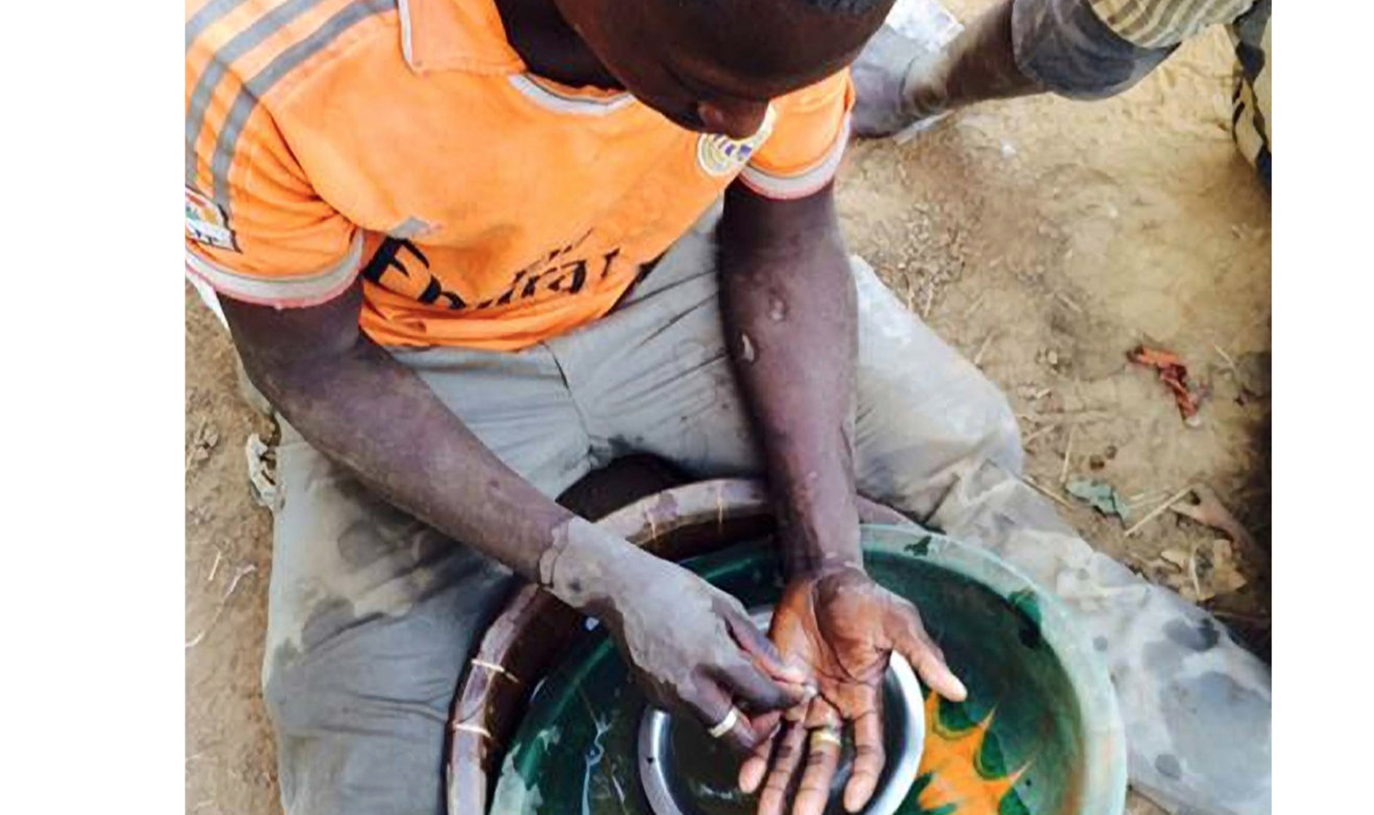Due diligence on West African gold urged as new report reveals discrepancies in production and trade statistics between Mali and UAE
Ottawa, Canada—January 26, 2017
Mali’s taxation practices applicable to gold exports have turned the country into West Africa’s illicit gold trading hub, Partnership Africa Canada said in a report published today.
The report, The West African El Dorado: Mapping the Illicit Trade of Gold in Côte d’Ivoire, Mali and Burkina Faso, investigates challenges in the governance of artisanal gold mining in the three countries—and the vulnerabilities posed by the illicit trade of gold on the region.
The investigation finds that all countries have taken important steps towards encouraging legal trade of artisanal gold—a sector which employs an estimated three million miners in Côte d’Ivoire, Mali and Burkina Faso—such as the harmonization of export taxes at 3%. Yet, Partnership Africa Canada found that Mali’s application of export taxes to only the first 50kg of gold per month is promoting smuggling, as traders bring gold over the border into Mali to get a large tax break.
“Mali’s harmful implementation of tax laws is cause for concern in the region, as it actively drives the illicit trade of gold. Mali’s neighbours are missing out on important revenue from taxes as traders smuggle gold over borders to take advantage of the tax break,” said Joanne Lebert, Partnership Africa Canada’s Executive Director.
“Importantly, export statistics from Mali are painting a worrying trend and it is up to international refiners and buyers to exercise additional due diligence on gold exported from the country to ensure the gold is clean,” added Lebert.
An analysis of gold production and trade statistics in Mali, as well as declared imports from the United Arab Emirates of Malian gold spotlighted major inconsistencies in the declared data. Over a four year period, UAE imports of Malian gold successively exceeded Mali’s entire gold production. Mali declared 40 tonnes of gold produced in 2013—while UAE declared 49.6 tonnes imported. In 2014, the figure rose with Mali declaring production at 45.8 and UAE declaring 59.9 in Malian gold imports.
Since much of Mali’s industrial production is exported to Swiss and South African refiners, Partnership Africa Canada found little explanation for the discrepancy. The extent of the illicit gold trade in Mali raises concerns about regional peace and stability and highlights the need for refining centres to exercise additional due diligence on imports.
Partnership Africa Canada calls on Mali to undertake a comprehensive review of its tax regime to address the loopholes that make it magnet for gold produced in West Africa. Additionally, the report calls on the Dubai Multi-Commodities Centre in the UAE to ban hand-carried imports of gold and demonstrate greater oversight over gold imports.
The report also calls on gold producing countries in West Africa to harmonize policies and practices in the gold sector through a Regional Approach, similar to that currently being implemented in the Mano River Union on diamond governance.
Download the full report here in English.
-30-
Media Contact:
Zuzia Danielski
Communications Director, Partnership Africa Canada
+1-613-237-6768 ext. 10 / +1-613-263-0661
zdanielski@pacweb.org
Partnership Africa Canada (PAC) is a global leader in developing innovative approaches to strengthen natural resource governance in conflict and high-risk areas. For 30 years, PAC has collaborated with partners to promote policy dialogue and solutions for sustainable development—including through the establishment of the Kimberley Process, which earned PAC a Nobel Peace Prize nomination in 2003.

